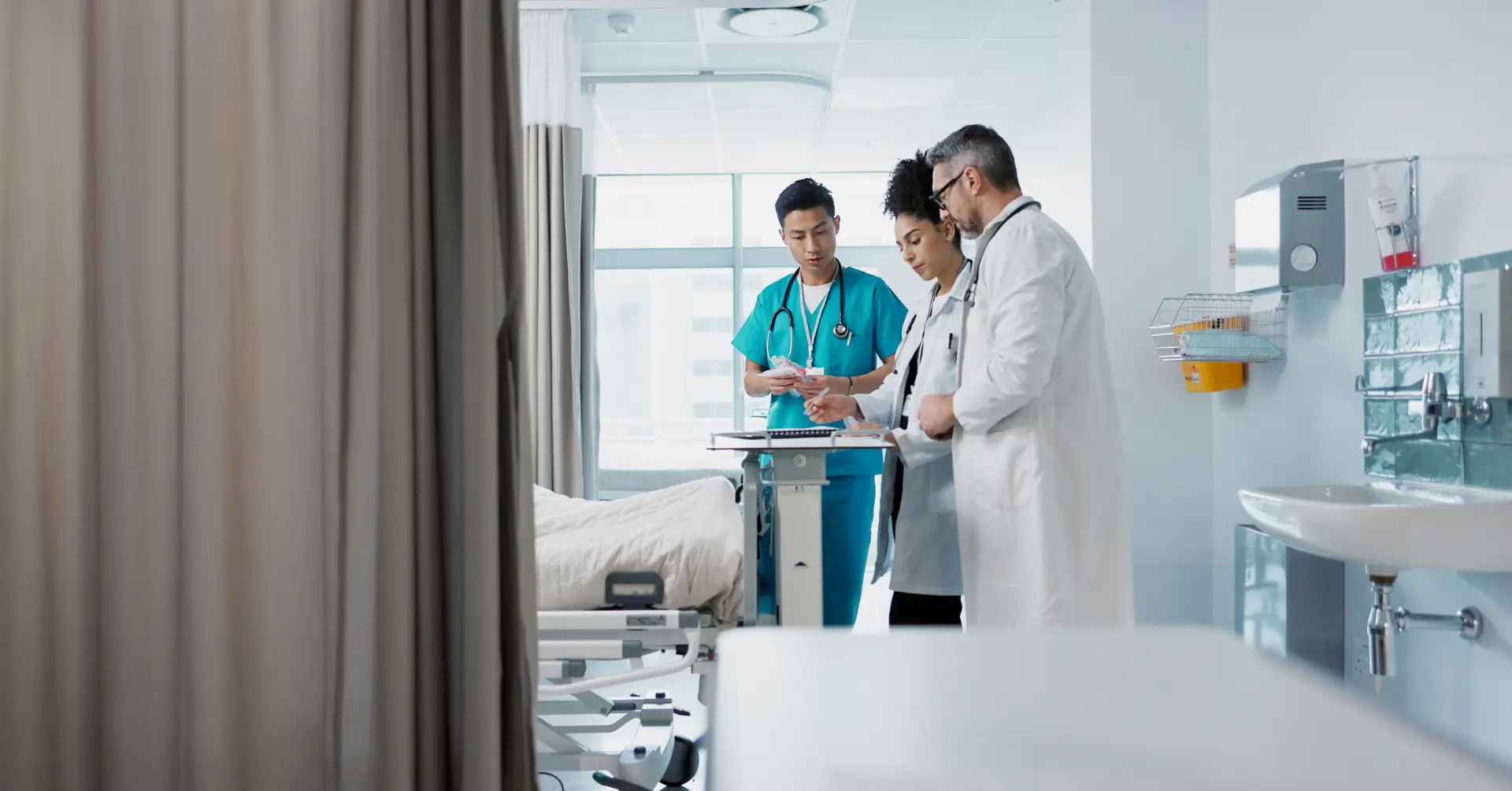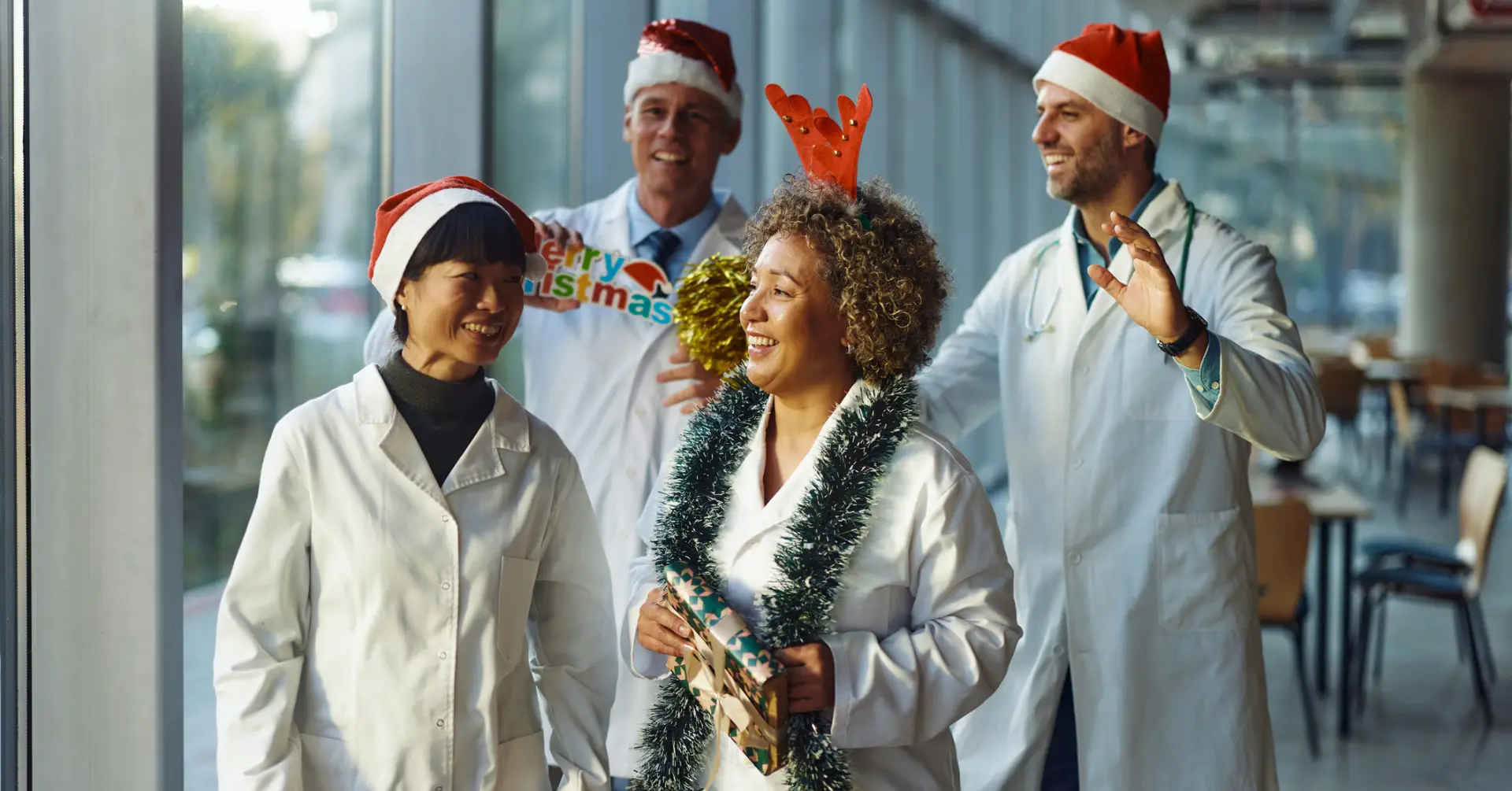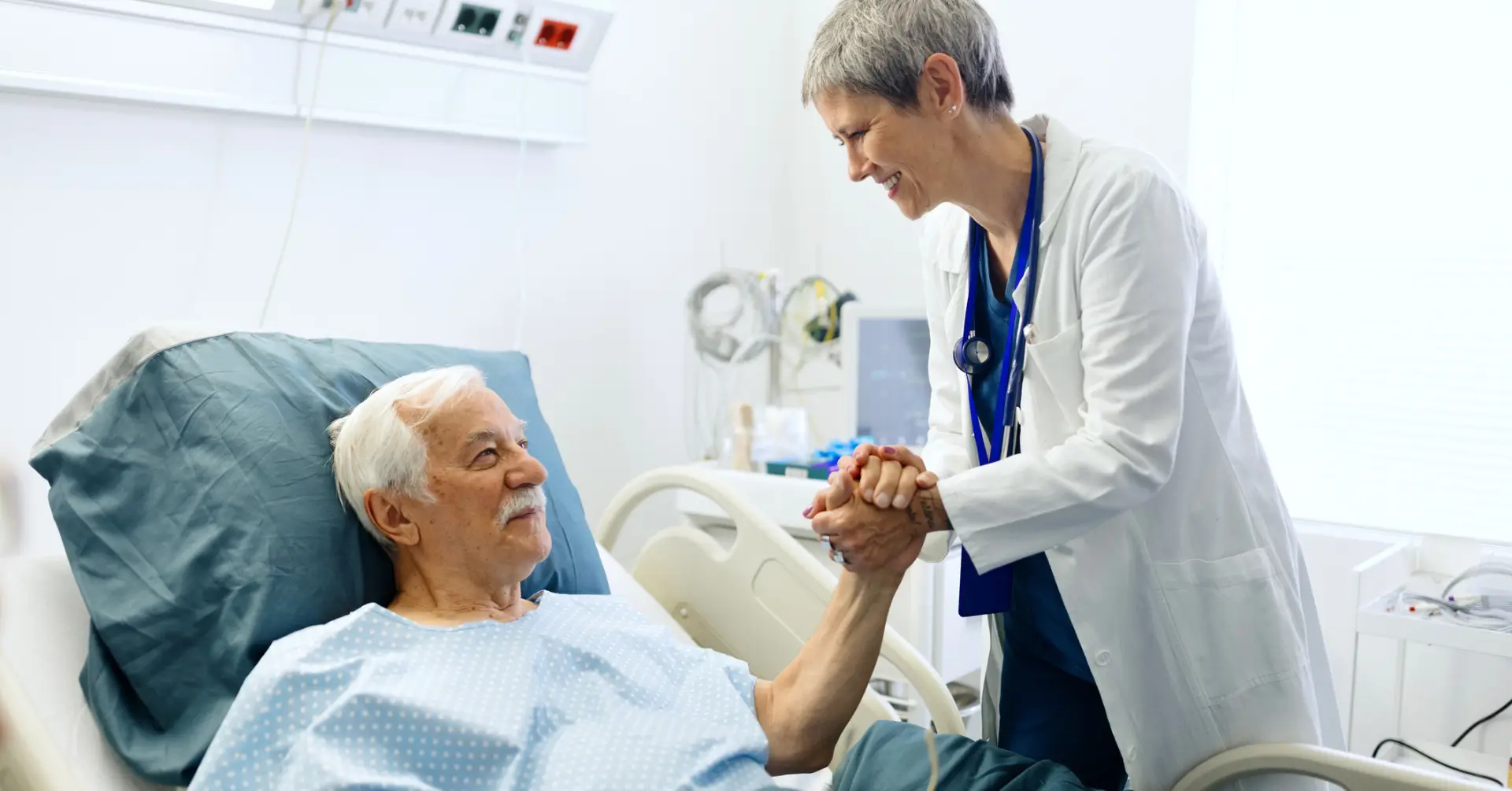Now that the world is opening back up, we all want to celebrate the holidays face-to-face with friends and family. For many, that includes travel. The potential for COVID-19’s spread is still present. So, whether you plan to travel by plane, train, or automobile, follow these seven simple, basic tips from doctors to keep you and your family safe.
Get Fully Vaccinated
The best way to minimize COVID-19’s risk and keep your family and friends safer during holiday gatherings is to get fully vaccinated.
People are considered fully vaccinated:
- Two weeks after their second dose in a two-dose series, such as the Pfizer or Moderna vaccines; or
- Two weeks after a single-dose vaccine, such as Johnson & Johnson’s Janssen vaccine.
If you are not fully vaccinated and must travel, follow the CDC’s domestic travel or international travel recommendations.
If you have yet to be vaccinated, get tested with a viral test one to three days before your trip and keep a copy of your results with you when you travel.
It’s also wise to get a viral test three to five days after travel and self-quarantine for a full seven days following the trip.
Wash Your Hands
It’s essential to wash your hands often with soap and water for at least 20 seconds, especially before eating and after coughing, sneezing, or blowing your nose. Use an alcohol-based hand sanitizer containing at least 60 percent alcohol (also called ethanol or ethyl alcohol) if soap and water are not readily available.
Pay special attention to handwashing after traveling, going to stores, eating at restaurants, or anytime you are out and about. Also, avoid touching surfaces like handrails, elevator buttons, and kiosks. If you must contact these surfaces, wash your hands or use hand sanitizer afterward.
Bring Your Mask
Properly wearing a well-fitting face mask that completely covers your mouth and nose is required in many settings. Masking lowers the risk of COVID-19 exposure for both the wearer and those nearby. Even those completely vaccinated should wear a mask in public indoor settings in communities with significant to high transmission.
The CDC requires travelers to wear a mask over their nose and mouth on planes, buses, trains, and other forms of public transportation, as well as indoors at U.S. transportation hubs, such as airports and train stations. Travelers are not required to wear a mask in outdoor conveyance areas (like on open deck areas of a ferry or the uncovered top deck of a bus).
States have different mask-wearing requirements, as do stores, hotels, restaurants, and other public gathering places. You should acquaint yourself with these requirements before your trip.
Keep Plans Flexible
Restrictions can change rapidly depending on local COVID infection rates, so keep your travel plans flexible. Have a backup plan in case you need to make a necessary adjustment. That could include shifting travel dates, meeting at an alternate location, or choosing an outdoor venue where the chances of viral spread are less likely.
If you travel by air, consider purchasing travel insurance. Some airlines offer lenient cancellation policies, especially now. Familiarize yourself with your airline’s policies just to be sure. Travel insurance is a minor expense compared to forfeiting your entire outlay.
Also, if your plans include international travel, do your homework on entry requirements early and often to stay abreast of current conditions at your destination.
Related Resource: 10 Ways to Stay Healthy During COVID-19
Check Your Destination
Speaking of destination, check the CDC’s website for your destination to keep an eye on COVID-19’s spread levels and infection rates. Continue to check for updates as your trip gets closer and learn any procedures you may need to know. Checking for restrictions at your destination and along the route could save unpleasant surprises and delays.
Maintain a Healthy Routine
Want a defense against the effects of COVID-19? Strengthen your immune system through regular exercise, eating a healthy, balanced diet high in fruits and vegetables, and getting quality sleep.
A robust immune system will not prevent you from contracting COVID-19, but it can help sustain your body if you get sick. Boosting your immune system can also help stave off other illnesses, such as the cold or flu.
Listen to Your Body
Watch for symptoms that your body is run down or tired, and be wary of attributing symptoms to less serious conditions. You might have COVID or the flu. If you feel sick, stay home—certainly do not host or attend a gathering.
We hope you get to spend time with family and friends during the holidays. If your plans include travel, remember safety first. COVID-19 doesn’t take the holidays off.
Get fully vaccinated, wear a mask, wash your hands, and follow the other four tips from doctors. Taking responsibility to protect yourself and your family will help you make the most of this celebratory season.






